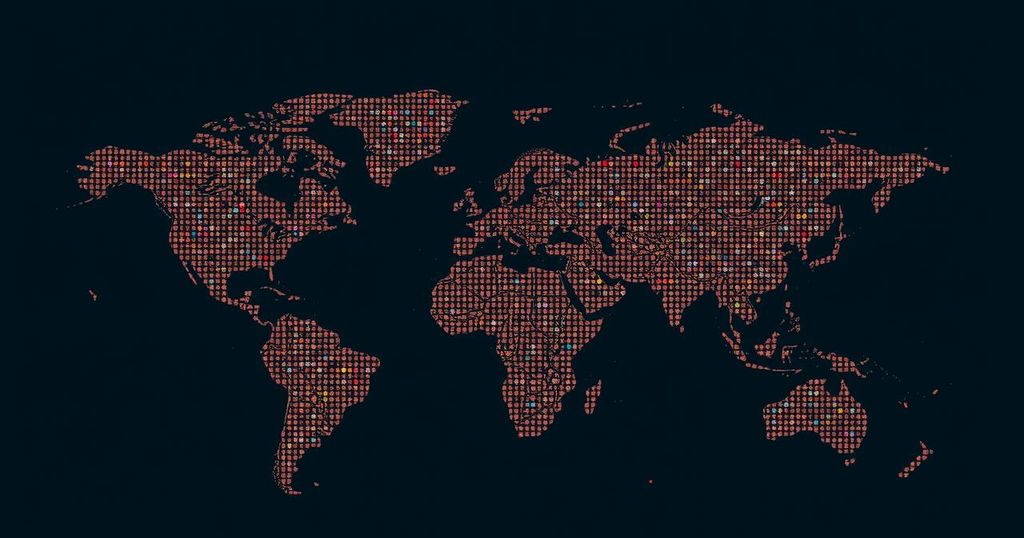The International Criminal Court (ICC) is currently pursuing high-profile cases against notable leaders but faces significant operational challenges. Historical critiques cite its limited impact and inefficiency, while funding and cooperation issues persist. However, a global movement towards universal jurisdiction presents opportunities for accountability in atrocity crimes, as international legal mechanisms adapt beyond the ICC.
This commentary examines the current state and challenges faced by the International Criminal Court (ICC) as it pursues high-profile cases against prominent world leaders like Russia’s Vladimir Putin and Israel’s Benjamin Netanyahu. Despite the ICC’s slow progress and operational inefficiencies, it now confronts significant opportunities for relevance. The court’s chief prosecutor, Karim Khan, has recently sought arrest warrants for numerous leaders accused of committing junctuary crimes, raising questions about the ICC’s effectiveness relative to other international legal mechanisms.
Historically, the ICC has been criticized for its limited impact, managing only to jail a small number of war criminals primarily from Africa. It operates under constraints of inadequate funding and a lack of supportive international infrastructure, as many powerful nations, including the United States, China, and Russia, are not ICC signatories. Member states are expected to enforce the court’s indictments; however, many simply refuse to do so. As noted, “the ICC risks becoming a nice idea that didn’t work.”
Despite these challenges, there is hope that a broader international movement against atrocity crimes is emerging. An increasing number of nations are asserting universal jurisdiction to prosecute those responsible for crimes against humanity, regardless of where the atrocities are committed. This shift indicates a potential for accountability beyond the ICC. Countries like Sweden are already prosecuting corporate executives for complicity in war crimes, suggesting that a new paradigm of justice may be developing.
The International Criminal Court (ICC), established in 2002, aims to prosecute individuals for genocide, war crimes, and crimes against humanity. However, it has faced significant criticisms regarding its operations and effectiveness, managing to convict only a few individuals while being perceived as disproportionately focused on African nations. Key issues affecting the ICC include underfunding, lack of cooperation from powerful states, and a broader hostile geopolitical environment.
In summary, while the ICC has recently gained visibility through high-profile cases, its historical limitations and ongoing challenges hinder its immediate effectiveness. Nevertheless, a promising shift towards universal jurisdiction and increased accountability in various jurisdictions may create alternative pathways for justice against atrocity crimes, signaling a hopeful evolution in international law. Leaders and states suspected of crimes may face consequences in new forums beyond the ICC, altering the landscape of accountability.
Original Source: www.channelnewsasia.com






